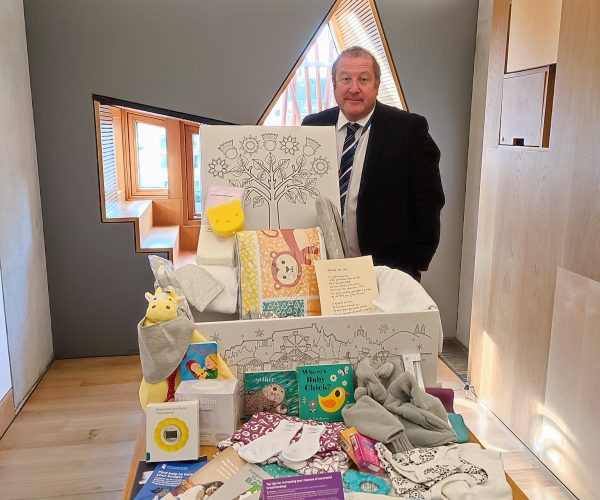
The National Health Care Service (NHS) was founded in 1948 by Health Minister Aneurin Bevan to provide accessible healthcare for all, regardless of their ability to pay.
It was introduced in Scotland on the same day, overseen by The Scottish Health Services Council. This marked a shift from a fragmented and costly healthcare system to one funded through general taxation, ensuring universal access to medical care.
Nowadays, the NHS in Scotland is primarily funded through general taxation, including contributions from National Insurance payments.
Powers devolved to the Scottish Parliament:
- Developing healthcare policy and legislation, including laws related to public health, social care and healthcare regulation.
- Determining the structure and management of the NHS in Scotland, including the allocation of funding, the establishment of health boards and the appointment of senior NHS staff.
- Deciding on the provision and delivery of healthcare services, including primary care, hospital care, mental health care and social care services.
- Allocation of healthcare resources.
Powers reserved by the UK Parliament:
Within the United Kingdom, the healthcare system is devolved, meaning that Scotland has its own distinct healthcare polices and administration. Nevertheless, certain powers related to the NHS are reserved to the UK government. These include the regulation of medicines, intellectual property rights for pharmaceuticals and the negotiation of international trade agreements affecting healthcare.

Throughout Graeme’s time as an MSP he has welcomed a number of Scottish Government health initiatives including Baby Boxes. Introduced in 2017, Baby Boxes entitle every new-born in Scotland to a box containing essential items. It is intended to ensure that every child has the best possible start in life.
2022 figures showed that 16,785 of Scotland’s Baby Boxes have been delivered across the NHS Tayside health board area, supporting families here in Angus.
What Graeme can do:
- Engage with his constituents, healthcare professionals and community organisations. He can listen to his constituent’s concerns, raise potential issues with NHS Tayside.
- Liaise with healthcare professionals, local health boards, or the Scottish Government, to address concerns, resolve problems and ensure appropriate care and support are provided.
- Graeme can act as an intermediary between his constituents and healthcare professionals, to facilitate communication and to ensure that their concerns and enquiries are adequately addressed.
- Graeme can support and promote health initiatives within the Angus South Constituency, such as campaigns for disease prevention, mental health awareness or community health projects.
- Graeme can engage with healthcare professionals, experts and researchers to gain insights into healthcare challenges and potential solutions, to make sure he is also well-informed on any developments or evolutions in the healthcare system.
What Graeme cannot do:
- Influence clinical decisions: MSPs do not have the authority to intervene or influence individual clinical decisions made by healthcare professionals. They are primarily based on the responsibility of healthcare providers and are based on medical expertise.
- Provide direct medical advice or treatment: MSPs like Graeme can assist individuals in navigating the healthcare system, help to understand general information and connect them with appropriate resources or professionals, but cannot provide specific medical recommendations.

